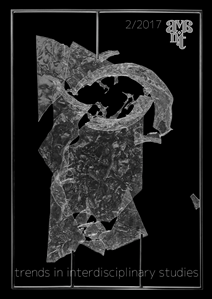Dermot Bolger’s Ghosting the War
Dermot Bolger’s Ghosting the War
Author(s): Aleksandra KędzierskaSubject(s): Studies of Literature
Published by: Ośrodek Badań Filozoficznych
Keywords: Irish poetry of the Great War; Francis Ledwidge; hauntology; Dermot Bolger; trauma; remembrance; desensitization; nostalgia; past versus present; the unremembered
Summary/Abstract: Dermot Bolger’s Walking the Road (2007) is a tribute to Francis Ledwidge (1887–1917), one of the greatest Irish poets of the First World War. Focusing on the life and afterlife of Ledwidge who, as depicted in Bolger’s play, emblematizes the condition of other Great War combatants doomed to oblivion, this essay, concerned with the various functions of the deployment of ghosts in Bolger’s drama, argues that spectrality can become an effective means of revealing the plight of the war dead: the unremembered, whose names were effectively erased from public memory and who, thus turned into homeless revenants, were forced into a continual involvement in the war from which they cannot escape, even after death. As a spectral witness who moves between pre-war Ireland and the world of the trenches, Bolger’s hero makes one aware how similar these realities are. Furthermore, as a classic case of shell shock, he demonstrates the role of haunting in the narrative of trauma, identity and memory. Last but not least, whilst enhancing the gothic dimension of the war, Frank’s perceptions, as well as his spectral discourse, not only contribute significantly to illuminating the enigma which he personified, but, by providing an insight into his search for himself, they convey the plight of truth seekers who grasp, yet never fully encompass the Irish experience of the war.
Journal: AVANT. Pismo Awangardy Filozoficzno-Naukowej
- Issue Year: 2017
- Issue No: 2
- Page Range: 101-113
- Page Count: 13
- Language: English

